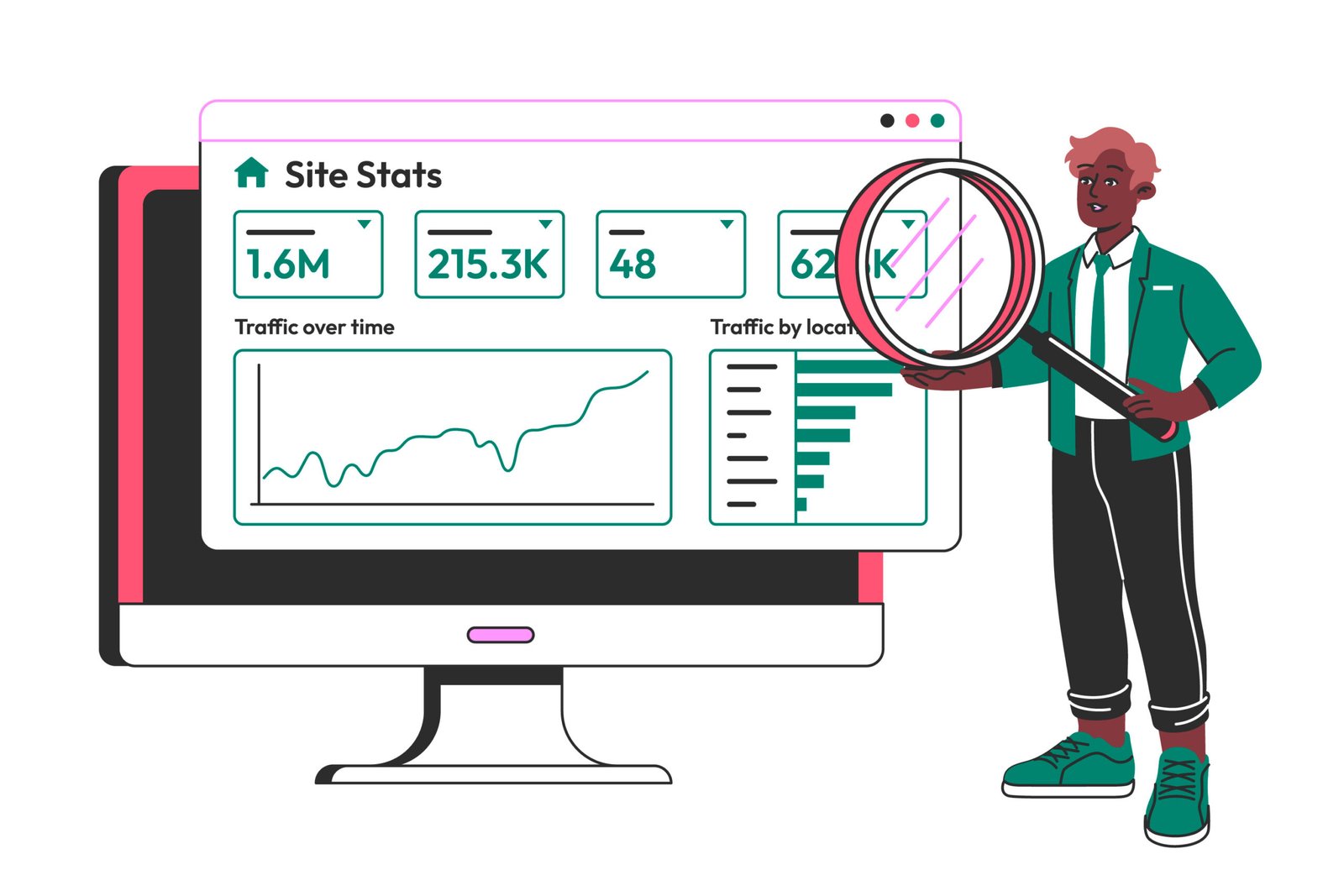Ecommerce SEO is a vital pillar for online store success, not just an optional strategy. This guide explores how SEO connects sellers with motivated buyers and builds lasting customer relationships.
Targeted keyword research focused on commercial and transactional intent forms the basis of productive ecommerce SEO, and content that matches different buyer intent stages guides potential customers toward purchase decisions. A store’s product and category pages need optimization with unique descriptions, proper schema markup, and smart internal linking.
Technical elements play just as big a role in search visibility. With Google’s mobile-first indexing, mobile optimization is now essential.
Page speed plays a big role in rankings and conversions as well—ecommerce sites that load in 1 second see conversions 2.5 times higher than those taking 5 seconds. HTTPS encryption helps secure customer data, acting as a trust-building ranking factor.
Improving performance starts with measurement—conducting regular audits can help your team identify potential issues and reveal opportunities for growth. Furthermore, tools such as Google Analytics and Search Console can provide valuable and informative insights that can shape your business strategy.
SEO in ecommerce feels like a winner-takes-all game. Your site either ranks highly, or your competitors steal the spotlight. Store owners using these SEO methods can bring in more organic traffic, connect with the right audience, and boost sales without depending on paid advertising.





